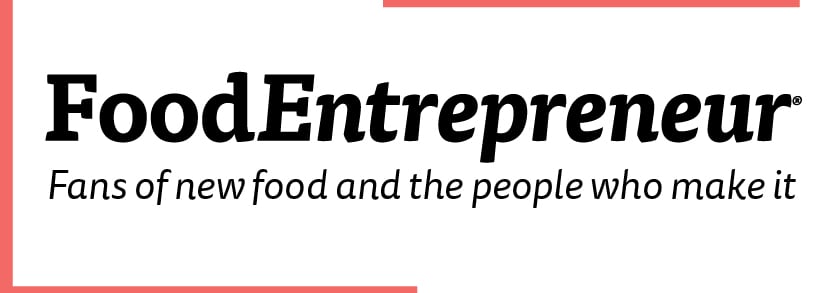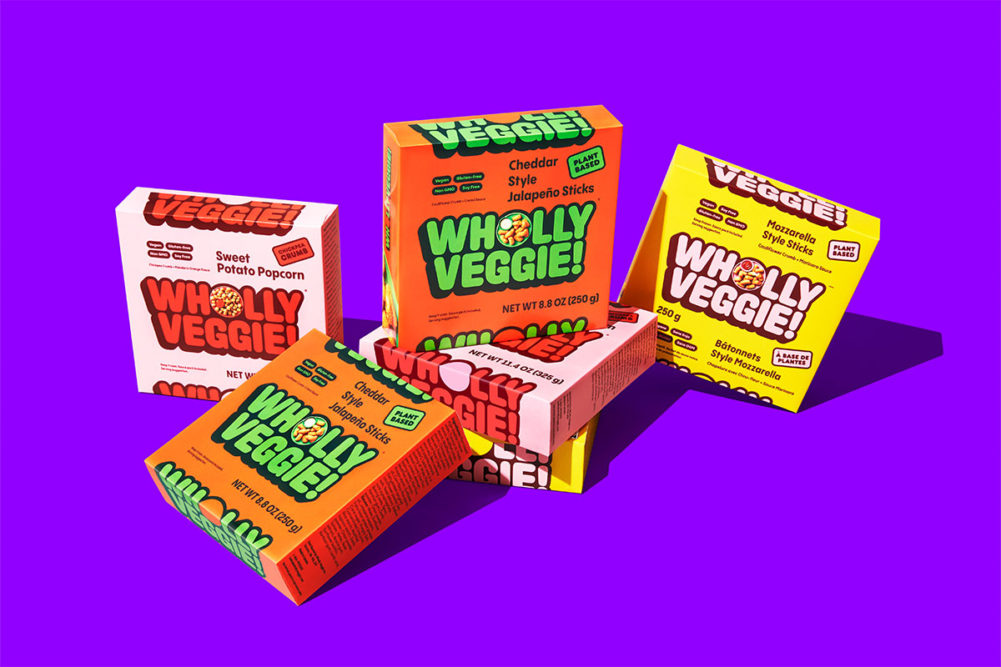 TORONTO — One in 10 adults eat the recommended daily serving of vegetables, according to the Centers for Disease Control and Prevention. A Canadian frozen food brand seeks to sneak cauliflower, broccoli and sweet potatoes into more diets.
TORONTO — One in 10 adults eat the recommended daily serving of vegetables, according to the Centers for Disease Control and Prevention. A Canadian frozen food brand seeks to sneak cauliflower, broccoli and sweet potatoes into more diets.
Founded by two former meat industry executives, Wholly Veggie markets a line of plant-based, gluten-free appetizers and entrees inspired by popular restaurant dishes. Offerings include cauliflower wings, featuring whole florets lightly coated in a panko crust and paired with ranch or Buffalo sauce. More recently, the brand added dairy-free mozzarella- and jalapeño cheddar-style sticks with a breading based on surplus or imperfect cauliflower.
Meals include Thai Curry with chickpeas and coconut cream sauce; Cheezy Cauliflower & Broccoli with chickpeas and a cheddar flavor sauce; and Southwest Chili with black beans, kidney beans and chickpeas, plus a cheddar flavor sauce. The products are sold in 6,000 retail outlets across the United States and Canada, including Walmart, Target, Sprouts Farmers Market and Whole Foods Market.
Johnathan Bonnell and David Orr Gaucher, co-founders and co-chief executive officers, launched the Toronto-based business six years ago following previous stints at an organic meat processor.
“Dave and his whole family went vegan, and he felt this weird irony of working for a meat company,” Mr. Bonnell said.
The pair began researching the nascent plant-based foods category, sampling many of the meat alternatives in the marketplace.
“The first insight we had was, if these things are made from plants, why are they all brown?” Mr. Bonnell said. “Why don’t they look like vegetables?
“The second thing we noticed was the flavor was missing… They weren’t tasty. They were weird. … Why couldn’t we just make a product that celebrates the vegetable?”
The initial product offering was a line of patties packed with vibrant vegetables, including beets, spinach and carrots, that debuted in dozens of stores across Canada. But the founders quickly shifted focus, noting “a cool opportunity to take really fun, trending vegetable-based snacks we were seeing in restaurants and bars and bringing those into retail,” Mr. Bonnell said.
“We launched the cauliflower wings and had so much success, it kind of put the burgers out of our minds,” he said. “The wings are what opened up our Whole Foods business, our Sprouts business, our Target business.”
The mass adoption of air fryers in homes over the past few years sparked additional product development.
“We knew if we could design something that was stellar in the air fryer we’d have a hit,” Mr. Bonnell said. “Sixty-plus percent of our consumers have an air fryer in the home. For us, we’re doubling down.”
In May, Wholly Veggie launched truffle-flavored mozzarella-style sticks at Target stores. The packaging features a QR code consumers may scan to download a free book of air fryer recipes.
“With the QR code, we’re now gathering information on who’s buying our product, where they’re buying it, frequency of consumption, frequency of purchase,” Mr. Bonnell said. “It’s all this data we were missing… I thought we would over-index with people who have kids in the home, but we actually don’t. We over-index with childless adults. We overperform with millennials and Gen Z. We underperform with Gen X.”
Lately, the founders have observed significant price sensitivity in the marketplace, after experiencing a surge during the pandemic, when consumption trends favored brands like Wholly Veggie.
“There were a lot of people at home with higher disposable income … looking for those restaurant experiences in their home environment, and snacking was on the right trend,” Mr. Bonnell said. “We grew pretty fast… Our distribution has begun to outpace our brand awareness.”
Last year, the company teamed with a creative agency in Los Angeles to develop an advertising campaign. One 30-second spot depicts parents tricking unruly children into eating cauliflower, set to a raucous heavy metal anthem and punctuated by a taunting voiceover, “Ha-ha! You just ate vegetables,” matching the brand’s irreverent tone and playful identity, Mr. Bonnell said.
“We wanted something that cuts through the clutter, something that’s going to be edgy and hits on this interesting tension you see in the home, which is there’s always someone in your family that doesn’t like vegetables,” he said. “It’s an insight that resonates with anyone, whether you’re in your teens or have a family. Everyone relates to that.”Enjoying this content? Learn about more disruptive startups on the Food Entrepreneur page.





